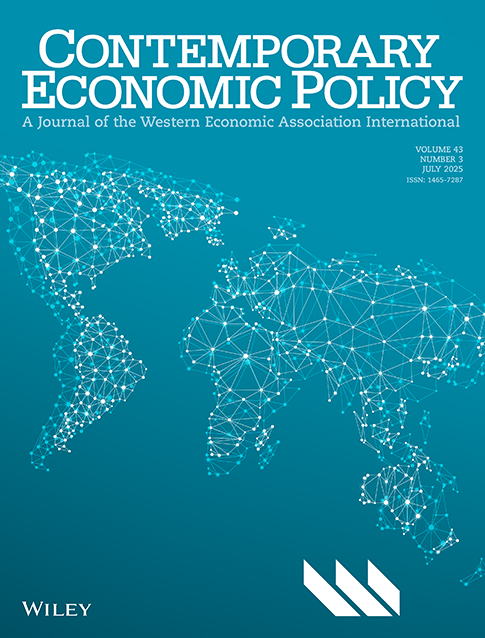AVIATION DEREGULATION IN THE EUROPEAN UNION: DO ACTORS LEARN IN THE REGULATION GAME?
This is a revised version of a paper presented at the Western Economic Association International 69th Annual Conference, Vancouver, B.C., July 2, 1994. The author thanks Wesley Wilson and two referees for helpful comments.
Abstract
The United States has led the market liberalisation that has occurred over the past 15 years. Changes in the United States have not been trouble free. However, according to most impartial academic studies, changes in sectors such as aviation have generated net welfare gains. Other countries and industries liable to regulatory reform can learn from the United States. Governments have the scope to develop policies with fewer pitfalls, and industry can adopt strategies for retaining their market power. This paper looks specifically at how the aviation policymakers of the European Union have learned from the U.S. experience and how European airlines have equally adjusted their game.
Abbreviations
-
- ATC
-
- Air Traffic Control
-
- CAB
-
- Civil Aeronautics Board
-
- CAI
-
- Canadian Airlines International
-
- CRS
-
- Computer Reservation System
-
- EU
-
- European Union
-
- LATA
-
- International Air Transport Association
-
- TGV
-
- Trains A Grande Vilesse




